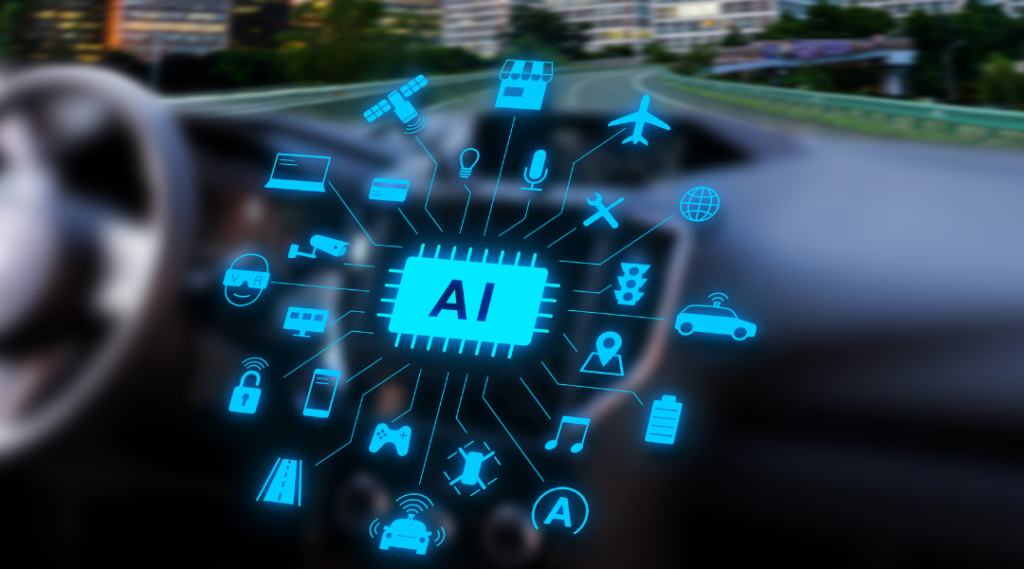
The Ultimate Voice-Assisted Machine
Recent announcements from Amazon (AMZN) and Google (GOOGL) show that automobile voice assistants will be getting significant upgrades in the coming years.
For starters, Amazon recently announced a partnership with BMW (BMWYY) to start building a customized voice assistant for their fleet of cars using Alexa’s tech. Similarly, Google Cloud inked a deal with Toyota (TM) to bring Google Cloud’s AI-based voice services into new Toyota and Lexus models.
It’s worth noting that all of these firms have had voice assistant partnerships in place since 2018. However, now it looks like automobile companies are doubling down and building personalized AI assistants for their respective cars. As Kirsten Korosec noted for TechCrunch:
“BMW won’t just embed Alexa into vehicles as it has in the past. It will use the Amazon technology to build its own assistant. … The idea, if executed well, will give BMW access to Amazon tech and allow it to focus on creating specific automotive features. … It also shows how Amazon is attempting to capture more marketshare within the automotive industry…”
This is good for us, the end users. New upgrades should allow voice assistants to offer more specific features to drivers.
Safety First
Amazon’s voice assistant tech already helps millions of people use the Echo, Fire TV Stick, wearables, smart home devices, and even watch Thursday Night Football. Also, with Amazon’s purchase of iRobot, there’s a good chance Roomba will have more Alexa functionalities in the near future.
Now with that said, the opportunity to put voice assistants in cars could trump all other outlets. This is because there are dozens of ways that Amazon/Google, auto manufacturers, and drivers could benefit from a voice-assisted car. Keeping us safe on the road should be priority number one.
Distracted driving is a looming issue in the US that rivals drunk driving. Texts, calls, and push notifications are increasing by the day and therefore increasing the chance of accidents. But, if things like replying to texts or changing the song could be done via voice then it could dramatically reduce distracted driving accidents.
You can already do this with Apple Carplay, but sometimes the experience is sub-par. Alexa and Google, along with Apple’s Siri, can and should be better to help us focus on the road. Tech and car companies alike know this, which is why the race is on to improve the overall voice assistant experience in the auto industry.
All Eyes on Apple
One reason we think that Amazon and Google are teaming up with various car companies to extend their reach into the auto sector is because a major competitor is lurking in the shadows. That’s right, Apple, has been rumored to be working on releasing a car of its own for years now, but it may be closer than many of us think.
Elon Musk, Tesla’s founder, has been saying for years that it is an “open secret” that Apple is developing a rival electric car of its own. “It’s pretty hard to hide something if you hire over 1,000 engineers to do it,” Musk said.
The reason we mention this in a newsletter focused on the voice industry is because Apple has an AI-assistant of its own. While extremely spotty and frustrating at times, Siri will give Apple a boost on the connected car front if/when the company releases its own fleet. Apple just announced the next generation of its car software CarPlay in June with CNBC calling it a “trojan horse into the automotive industry.”
Zooming out, there is an epic battle taking place for the voice of your car. More and more models will be equipped with some form of voice-assisted tech in the years ahead. Major technology giants are racing against each other with the help of big auto companies to see who can win the hearts of the crowd, and with that millions, if not billions of dollars, in prize money.